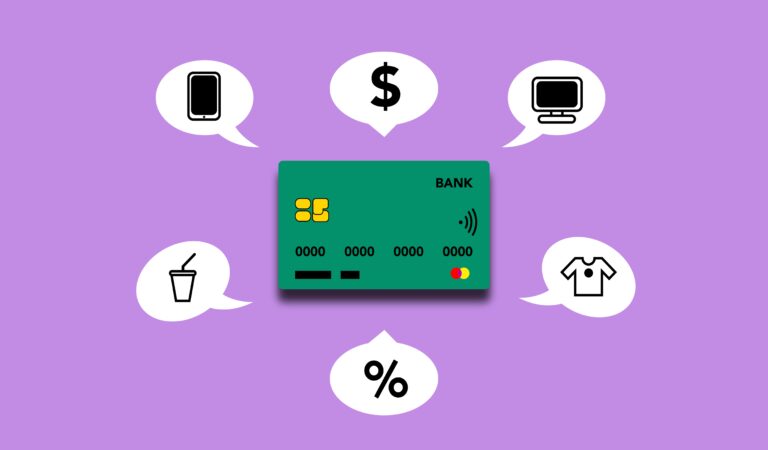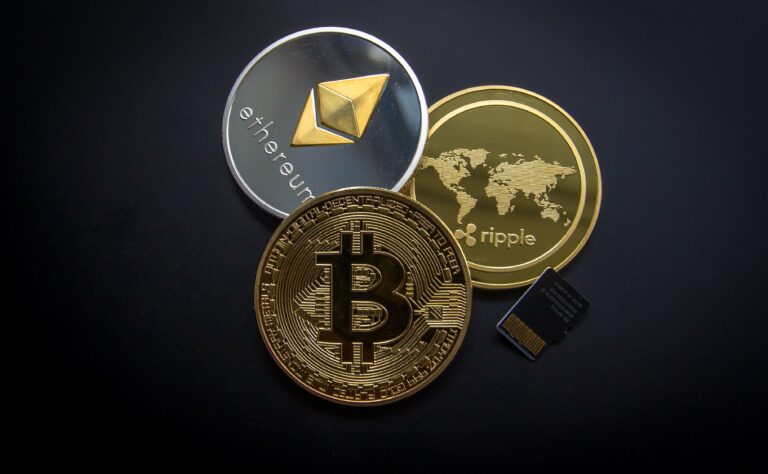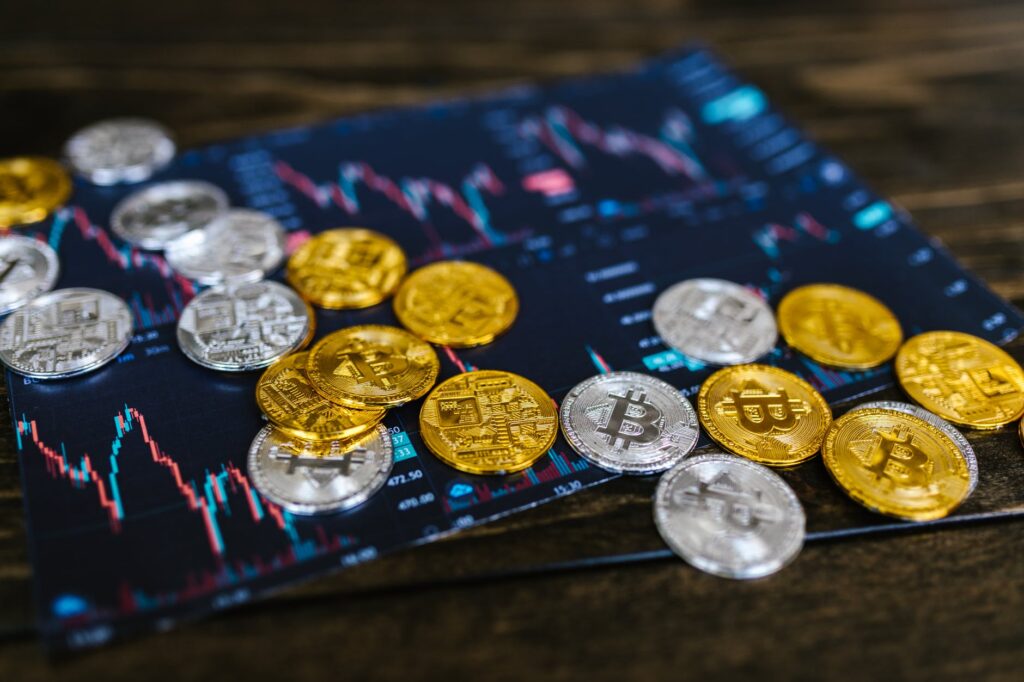Increasing numbers of individuals are investing in and purchasing cryptocurrencies nowadays, like Bitcoin, Litcoin, Ether, etc. They have risen in popularity across the world, especially among young people. “The crypto market” has expanded by more than 100% since the Covid-19 pandemic began in January 2020. However, cryptocurrencies are not regarded as legal money by the Indian government. So, let’s see what all this buzz? Let’s begin!
What is cryptocurrency?
Cryptocurrency is a type of digital currency. As a medium of exchange, it employs encryption to safeguard transactions, restrict the production of extra units, and verify asset transfers. In addition to digital currencies, cryptocurrencies are also known as “alternative currency” or “virtual currency”. However, it enables rapid transactions and borderless transfer of ownership, which is very similar to physical currencies.
Cryptocurrency scenario of India
Earlier this year, the Reserve Bank of India issued a circular prohibiting banks from trading in cryptocurrencies. In May 2020, the Supreme Court ruled that this circular was unlawful.
Parallel to this, in 2021, India has been working on its version of a legally recognized digital rupee. Bank of India is preparing for a gradual launch of the Central Bank Digital Currency (CBDC). Last month, the RBI governor said that the digital money would be tested in December. Central Bank Digital Currency, on the other hand, will be controlled. Unprecedentedly, it won’t be an “asset” but rather a digital representation of the current financial system. With the Indian Rupee, it will be a one-to-one exchange rate. However, read all the points be it pros and cons, and then about investing if any.
Pros of cryptocurrency investment in India
- Completely transparent system: Each transaction in the crypto market is recorded on the blockchain, which is a public ledger.
- Autonomy and self-management: A decentralized transaction system makes the system utterly hassle-free with its benefit is wholly instant and 24-hour accessible.
- Globally and easily accessible: Cryptocurrencies are now easily accessible to all users. Thus, decentralized money can be used anywhere in the world.
- Low transaction charges: It eliminates the requirement for third-party verification, such as VISA or PayPal. So, no further transaction costs are required.
- Complete Anonymity: Suppose you’re concerned about your online privacy and don’t want to share too much of your digital data. In that case, a cryptocurrency is an attractive option as there is no risk of identity theft here.
- Transactions are not limited: Using a crypto wallet, you may transfer money to anybody, for any amount, and from anywhere without any restrictions.
Cons of cryptocurrency investment in India
- Volatile: In contrast to fiat currencies, cryptocurrencies are more volatile. In other words, a cryptocurrency may be worth a fortune today but be worthless tomorrow in the market.
- Illegal transactions: Because bitcoin transactions are highly secure, it is difficult to track any illicitly obtained money as it completely disguises its origins.
- Data loss leads to financial losses: Nobody can get their money back if they lose the private key to their wallet. The wallet and money will be locked away. Thus, making it a loss of the whole of investments.
- Anonymously managed: It is still up to their founders and some organizations to manage the flow of money. To influence the coin’s price, these holders can even alter its supply and demand.
- No refunds or cancellations: There is no way to reclaim a coin if there is a disagreement or went to the wrong wallet address by mistake. Many people can utilize this to defraud others.
Read more: Why is FOMO relevant to the cryptocurrency market?
WAY AHEAD!
Since cryptocurrencies have been under the regulatory spotlight in India for some time now, the government is still debating whether to accept them entirely or not. These volatile financial assets remain because of their apparent lack of regulation, highly complex mining procedures, and price volatility.
Cryptocurrencies are now being treated as foreign assets, according to the study. But all that’s needed is how to get the policymaking right. And once it’s done for sure. The FOURTH INDUSTRIAL REVOLUTION will be dominated by blockchain and crypto-assets. Indians won’t be forced to ignore them.























